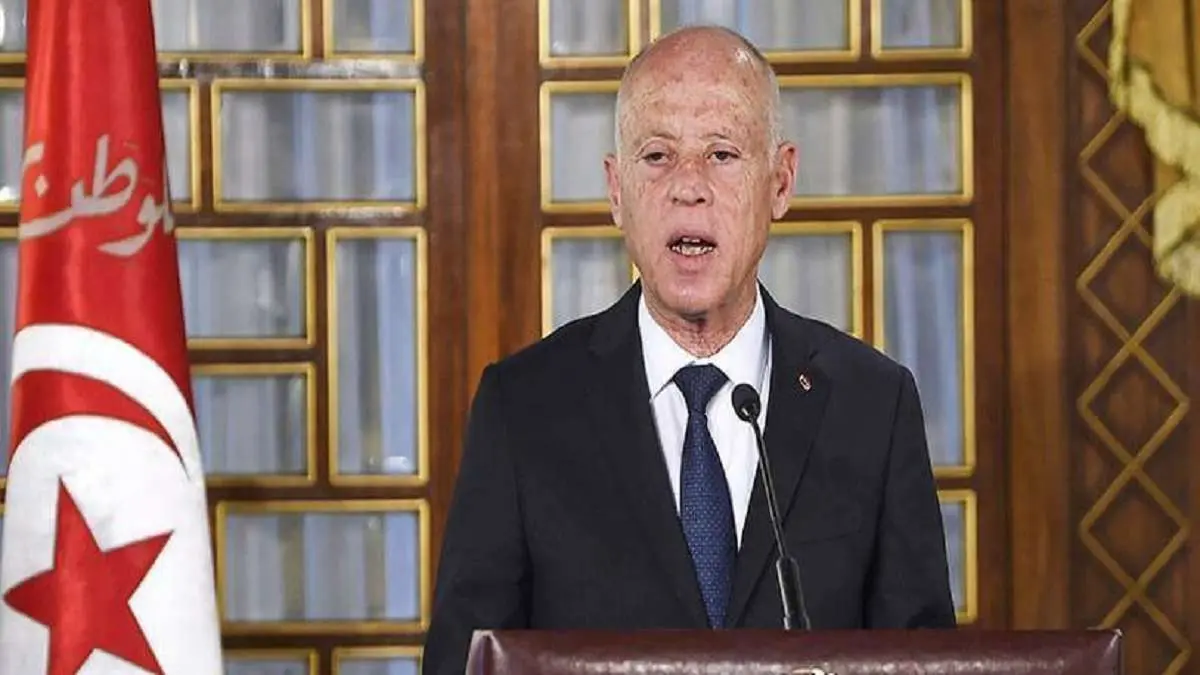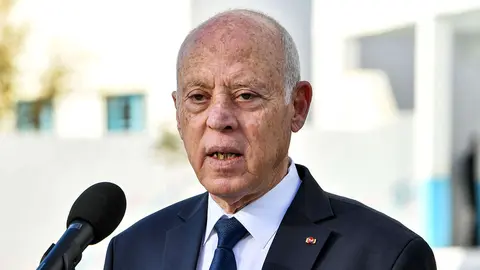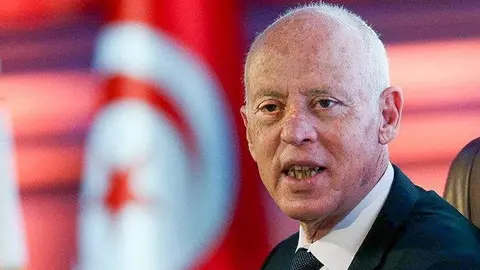Saied removes his Prime Minister, runs for re-election and prevents competition from other candidates

The week has been rich in events that favour this interpretation. Tunisia's head of state dismissed Prime Minister Ahmed Hachani on Wednesday night, without any explanation from his communication services. Within the realm of pure conjecture, the hypothesis is that Saied was displeased with his head of government for having broadcast two videos that same evening in which he explained the measures taken to combat the country's severe drought and the difficult situation of public transport, respectively. The sudden dismissal without explanation was followed by the immediate appointment of Kamel Madouri, until then Minister of Social Affairs, a post he had held for barely three months, having replaced Malek Zahi in May, who was dismissed at the same time as the Minister of the Interior, Kamel Feki. As in the case of Hachani, the then dismissed Zahi and Feki were said to be "inoperative" in the face of social unrest and growing protests, both due to the deterioration of domestic economies and the progressive disappearance of all the freedoms and rights achieved in the revolt that started the so-called "Arab Springs", all of which have failed and been consigned to the dustbin of history.
Kais Saied also announced this week that he will run in the presidential elections scheduled for 6 October. Democratically elected five years ago, Saied made a radical U-turn in July 2021, dismissing the then Prime Minister, suspending the parliament, which he later dissolved, and taking over all powers. To do so, he amended the Constitution, which then gave him absolute powers, while establishing a new legislative chamber with very limited powers and attributions.
With Kais Saied's intentions to run for a new presidential term known, several candidates have attempted to do the same, only to find their candidacies blocked by alleged administrative or judicial irregularities.
Earlier in the week, two potential candidates with serious chances of collecting large numbers of votes decided to resign: publisher and media owner Nizar Chaari and reserve admiral Kamel Akrout. The former saw several of his closest associates arrested by the police on charges of attempting to bribe officials to obtain the necessary electoral endorsements. As for the seafarer Akrout, he has been denied a judicial record, the equivalent of a clean criminal record, which is essential for him to stand as a candidate.
Another very popular figure in the country, the rapper and multimillionaire Karim Gharbi, better known by his alias K2Rhym, has not made his candidacy official, as when he was about to do so, he was investigated by the courts, also accused of attempting to buy endorsements. In fact, four women who had allegedly worked for him in this task were arrested and charged with this offence.
And finally, the only woman who could have threatened Saied's electoral victory, the head of the Free Destourian Party (PDL), Abir Moussi, was sentenced to two years in prison for having contravened the provisions of Saied's own decree on the dissemination of false news. Abir Moussi claims the legacy of both the father of the nation, Habib Bourguiba, and the ousted dictator Ben Ali, but the conviction will prevent her from running in the elections, given the Saied regime's requirement that she present a clean criminal record.
The president argues that "the law applies to everyone equally", and denies the existence of political persecution. However, a report by Amnesty International, written after a four-day visit to the country by its secretary general, Agnés Callamard, reports "severe repression, aggravated by arbitrary arrests of political opponents, as well as all kinds of restrictions and searches against those who have expressed their intention to run for office, and obsessive surveillance of journalists".



